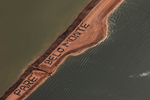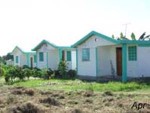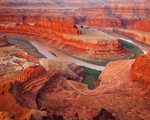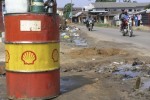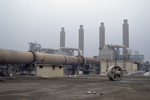Documentary Film Declares War on Belo Monte Dam
By Glen H. Shephard, Notes from the Ethnoground. Brazilian filmmaker André D’Elia has declared war on the controversial hydroelectric dam along the Xingu river in the new film Belo Monte: Anúncio de uma Guerra (Belo Monte: Declaration of War).
Continue reading →
